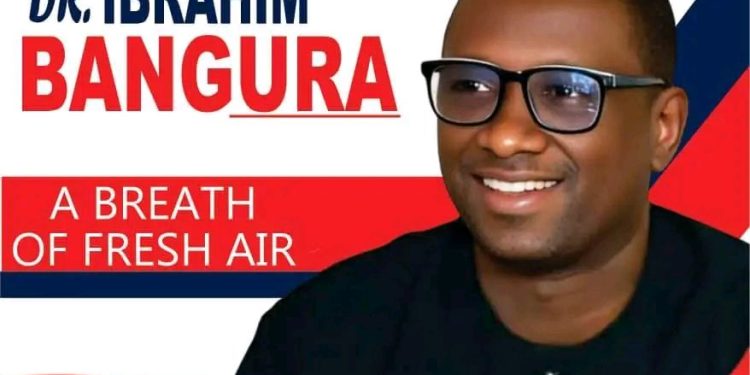By Idriss Balogun Tejan
In Sierra Leone, something far more dangerous than political rivalry is unfolding. A legacy once defined by progress and possibility is being deliberately erased; its architects vilified, its achievements buried, its vision distorted. The question is no longer whether the APC will respond, but whether it still remembers what it once stood for.
After eight years under the Sierra Leone People’s Party (SLPP) and President Julius Maada Bio, the legacy of the All People’s Congress (APC), shaped under former President Ernest Bai Koroma has been methodically dismantled.
Vilified by an SLPP regime more intersted in character assassination than governance, the APC’s decade of progress under Koroma has also been systematically distorted. Achievements that were once tangible and transformative have been buried beneath a campaign of smear and silence.
This erasure is not merely a political manoeuver. It is a calculated attempt to dismantle the memory of progress, suppress institutional accomplishments, and sever the nation’s connection to a decade of transformative leadership.
But the APC cannot afford complacency. It must reclaim what was built. And it must do so by rallying behind a leader who embodies continuity, credibility, and reform: Dr. Ibrahim Bangura.
Though the APC administration under President Koroma was not without flaws, it marked a pivotal chapter in Sierra Leone’s development, delivering measurable and lasting progress.
To begin with, the administration spearheaded a dramatic energy transformation, bringing light to homes, powering industries, and igniting aspirations across the country.
Youth empowerment also took centre stage through the establishment of NAYCOM, which gave young people institutional representation and a meaningful voice in shaping national development.
Agricultural resilience was significantly strengthened, and the infrastructure revolution saw the construction of roads, bridges, and vital connectivity networks, turning these arteries into engines of commerce, mobility, and national cohesion.
These were not abstract gains. They were real, impactful, and foundational proof that Sierra Leone could aspire to more than mere survival.
Yet today, that legacy is under siege. The SLPP weaponized public discourse in an attempt to reduce the APC’s tenure to a caricature of scandal in a broader effort to erase progress and rewrite history. This is political vandalism.
Such tactics have consistently undermined democratic continuity and institutional memory.
The APC must counter this SLPP induced amnesia. Its legacy is not a footnote; it is a blueprint. And it demands a successor who understands its value and is prepared to build upon it.
If the APC is serious about reclaiming its legacy, it must unite behind a leader who reflects its highest ideals: vision, integrity, and transformative leadership. Dr. Ibrahim Bangura is that leader.
Dr. Bangura brings credibility rooted in service rather than self-interest, setting him apart in a political landscape often clouded by personal ambition.
More importantly, he views governance not as a tool for patronage, but as a mechanism for meaningful transformation; one that delivers tangible progress and restores public trust.
Above all, he embodies a new generation of leadership that reveres the achievements of the past while boldly confronting the challenges of the future, offering Sierra Leone a path defined by integrity, vision, and reform.
Dr. Bangura is not a placeholder;hHe is a path forward.
This is not the time for nostalgia. It is the time for resolve. The APC’s legacy is not a chapter to be closed. It is a foundation to be fortified. In Dr. Ibrahim Bangura, the party finds not just a custodian of its past, but a catalyst for its future.
The upcoming National Delegates Conference must be more than a contest of personalities. It must be a reckoning with truth, a restoration of purpose, and a recommitment to the ideals that once lifted the party.
The APC must rise—not just to reclaim power, but to reclaim its promise and what it once stood for. Dr. Ibrahim Bangura is the path forward.













